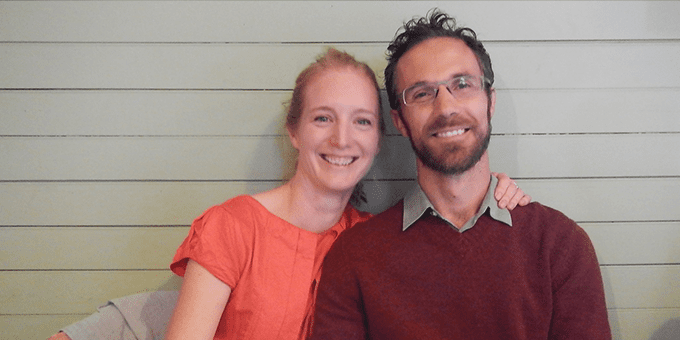Responding to the launch of a new initiative to help developing countries access a coronavirus vaccine at the Global Vaccine Summit today, Oxfam’s Health Policy Manager, Anna Marriott, said:
“Gavi, and the governments behind it, recognise that high prices could prevent millions of people across the developing world being vaccinated against the coronavirus. Their response to this problem must avoid repeating the costly mistakes of the past, where they sought to subsidise the price charged by the pharmaceutical industry rather than seeking to bring them down, and ignored the needs of middle-income countries.
“Governments must stand up to wealthy pharmaceutical companies and insist that taxpayer’s money is only invested in vaccines that are patent free and available for all.”







